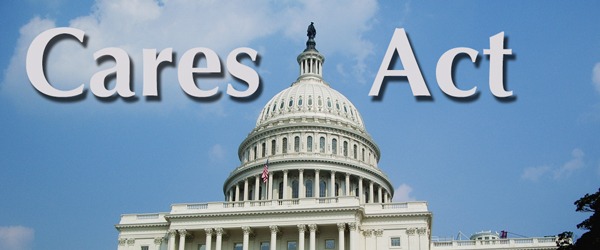Compressor Failure and the Effects on Warranty
Identifying why compressor failure is subject to many variables and is important to understanding warranty implications. Although compressors fail for a multitude of reasons, poor installation and maintenance are the most common causes. However, for the vast majority of compressors returned for claims, rarely is it due to a defect in the manufacturer supplied part. […]
Now Is the Perfect Time to Upgrade an HVAC System

Section 179 of the 2020 Cares Act Just what is section 179 of the tax code and what does it mean for HVAC in 2020? Section 179 which was enacted in 2008 is more beneficial to small businesses than ever. Known as the SUV Tax Loophole, it adapted in subsequent years to adjust tax deductions […]
